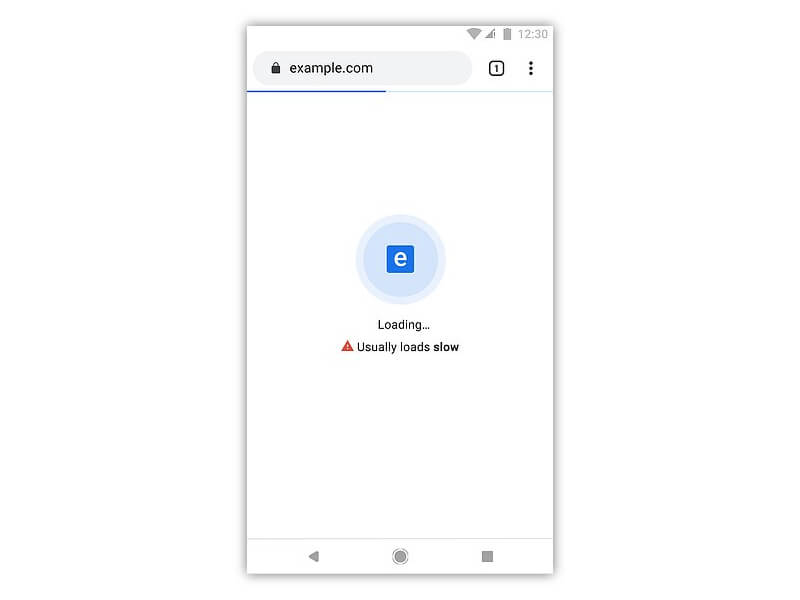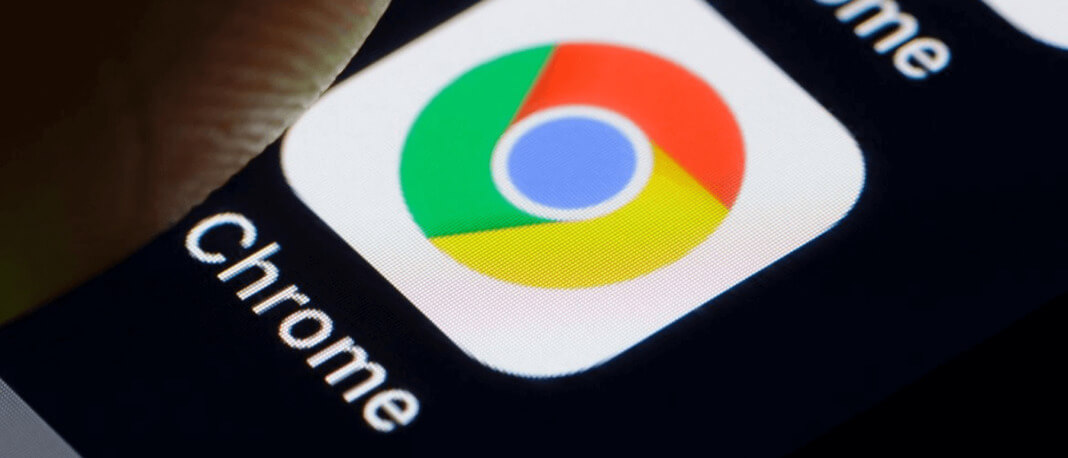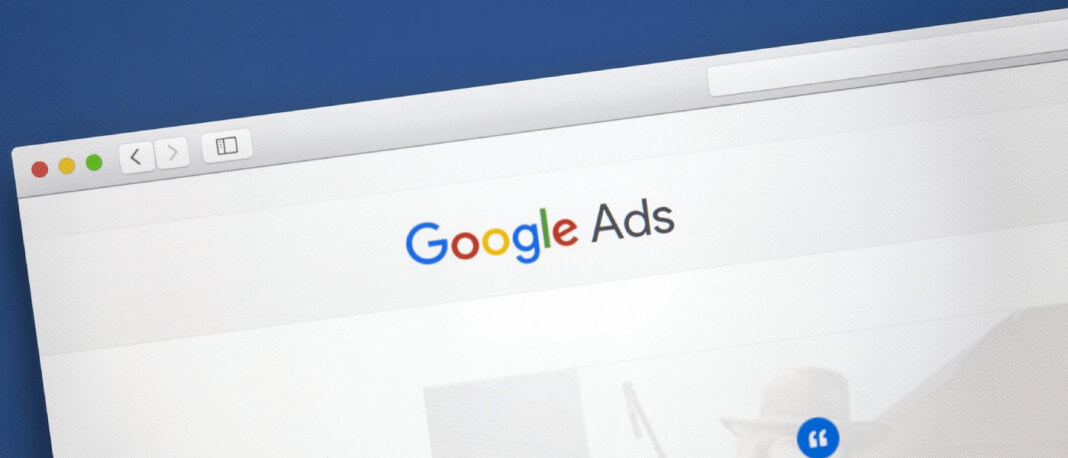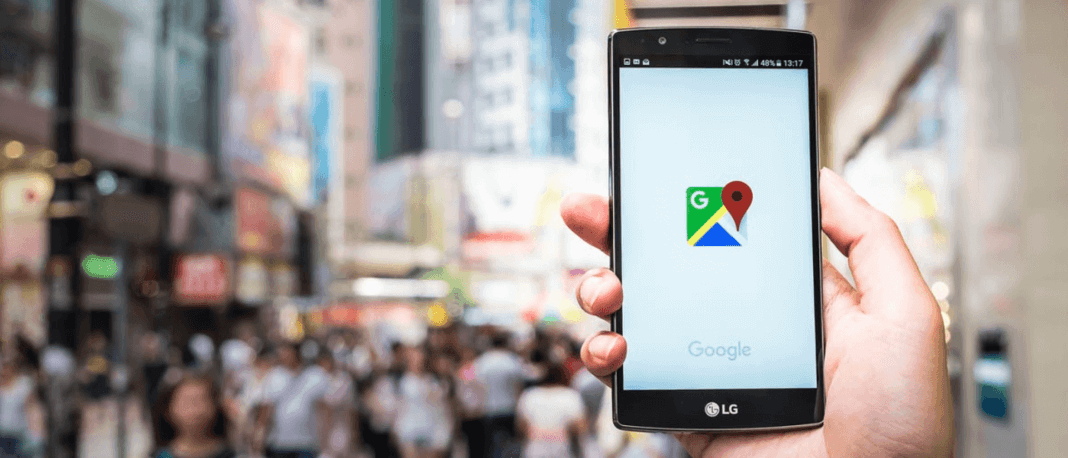- Google Chrome announced a plan to introduce badging as a way to encourage publishers to improve site speed.
- Google proposed a contextual menu on links that will tell users, before they click, that a site is slow. The goal is to reward fast sites.
- According to Google, the purpose of the badging is to “reward” fast sites and to warn users of slow sites as a way to provide value to them.
- Google does not say how a badge translates as a reward.
- Google also published an example of what the slow speed badge could look like.

- Google’s announcement puts publishers on notice that page speed just became even more important. Google intends to reward fast web pages, possibly at the expense of slow pages. The specifics of how Chrome will do it are yet to be determined.
- Page speed has always been important. From the earliest days of the Internet it was known that faster pages converted at higher rates. A fast loading site is important regardless of anything Google does.
- In the near future slow loading pages may experience increasing pressure to survive, like the small fish trying to outrace the bigger fish that’s about to eat them.





